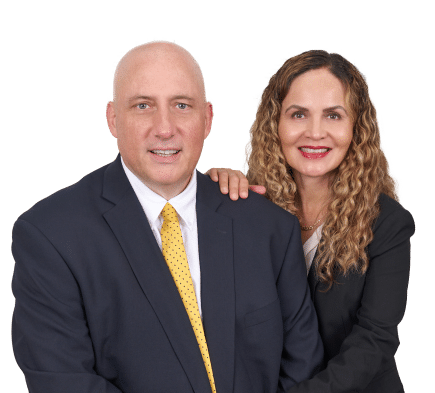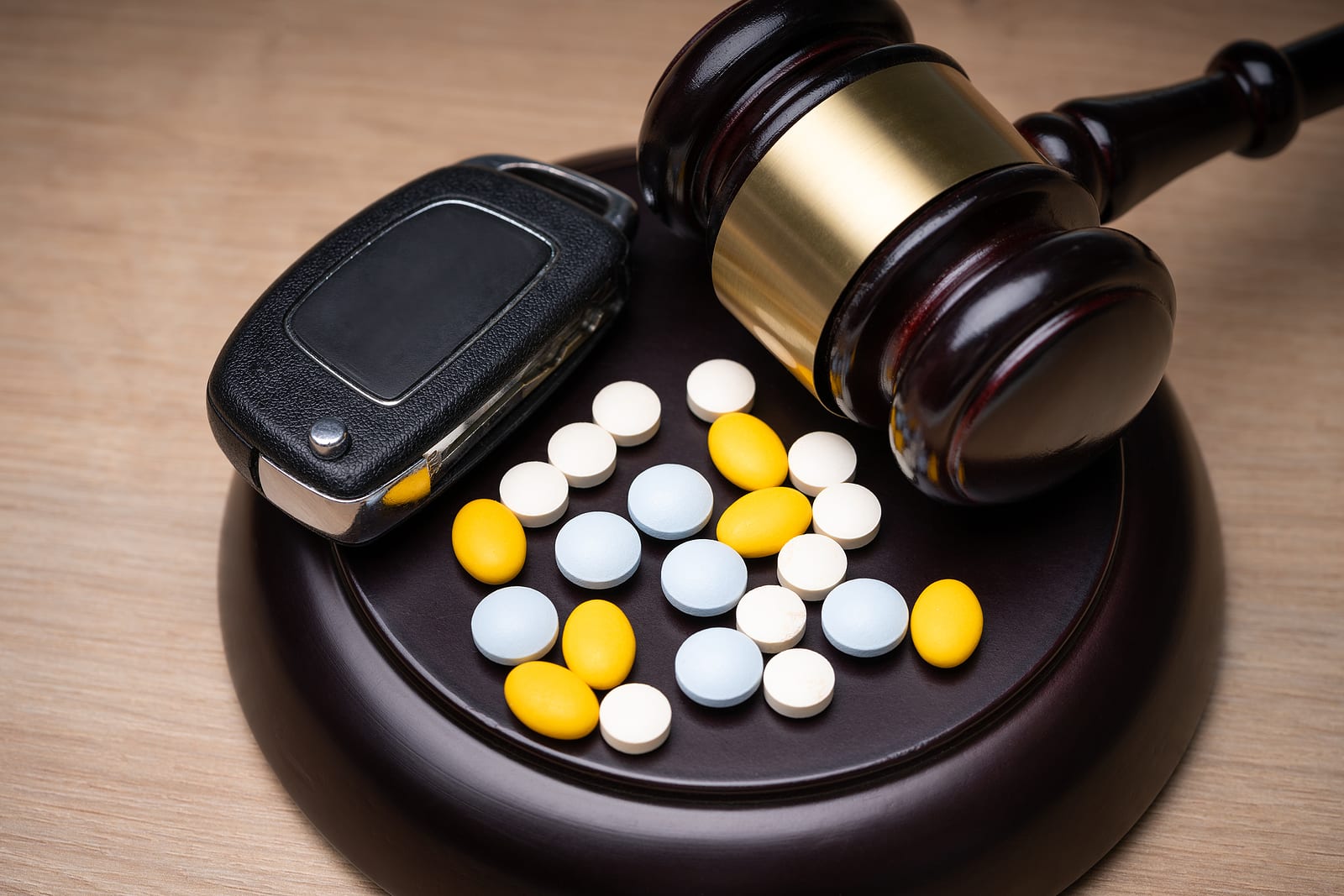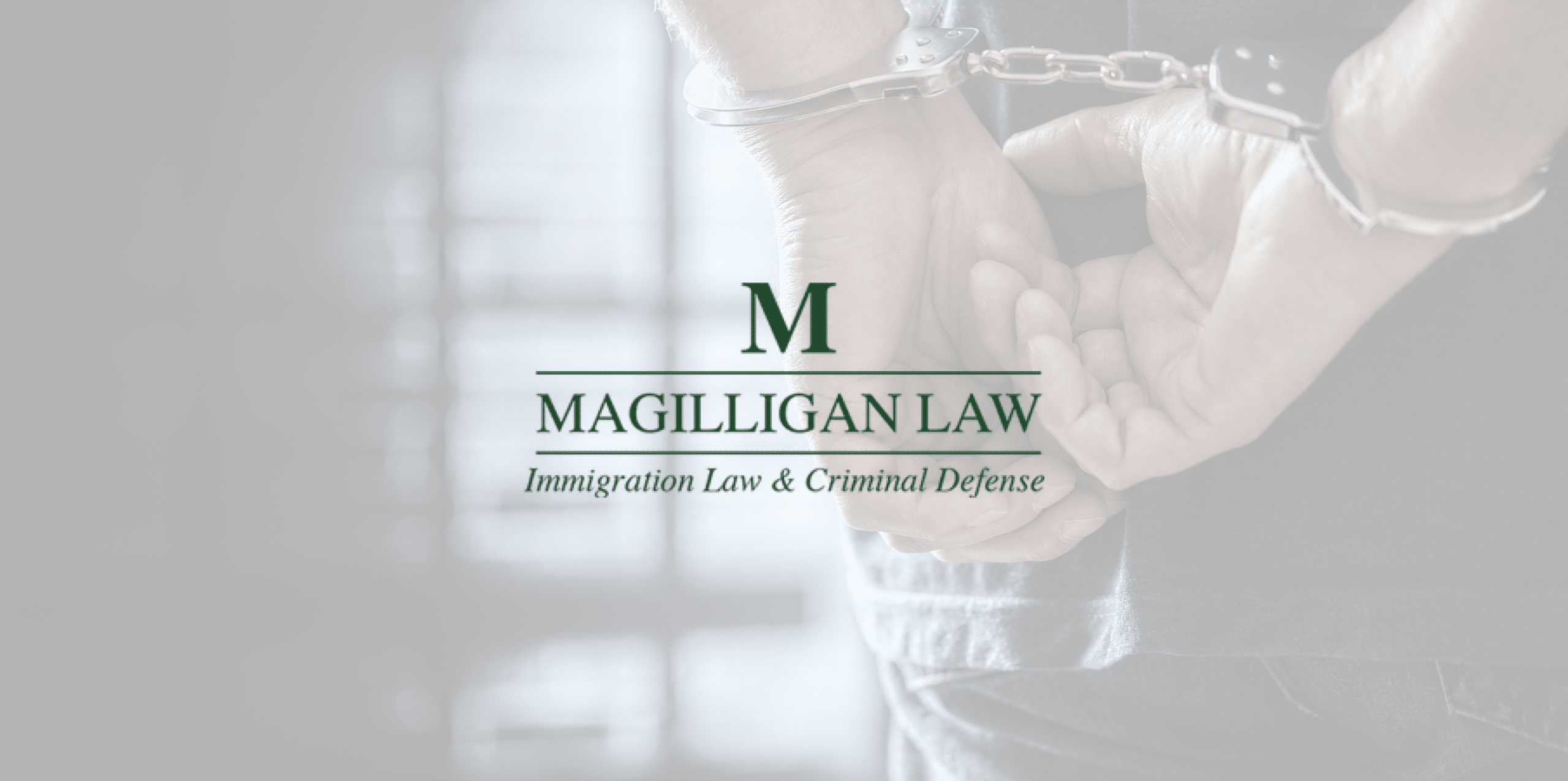It’s not uncommon for individuals to experience the same pain or discomfort whether that be a backache or other complication. However, that doesn’t mean that medicine prescribed to one individual should be given to another individual who has similar aches or pains.
Federal law states that no one is allowed to use medication that is prescribed to another individual. In turn, individuals who have medication prescribed to them are not allowed to distribute their medication unless they have a medical license.
The primary reason this law exists is for the safety of others. No individual should take a prescription medication without consulting their doctor for potential allergic reactions or adverse side effects. When prescribing a medication to a patient, a doctor will ask if the patient has any allergies and what other medication they are taking to determine the best medication to give the patient.
If someone were to take a medication that wasn’t prescribed to them, there could be unforeseen consequences including allergic reactions or, in extreme cases, death.
Consequences for Sharing Drugs
The type of drug determines the consequences an individual could face for sharing that drug with another.
Controlled Substances
Controlled substances are defined as medications that are heavily regulated by the government and can include Adderall, Hydrocodone (Vicodin), Oxycontin, and Percocet. If an individual is found guilty of having these types of substances and the prescription wasn’t made to them then they could face a third-degree felony. That is punishable by up to five years of incarceration, up to five years of probation, and a $5,000 fine.
If an individual is found giving a controlled substance to another person, even if they don’t receive any compensation for it, then that person could be charged with a second-degree felony. That is punishable by up to 15 years of incarceration, up to 15 years of probation, and a $10,000 fine.
Non-Narcotic Substances
These are substances or prescriptions that are not as addictive compared to controlled substances. However, these types of medications should still not be shared with others. Individuals who are in possession of these types of drugs without a proper prescription can be charged with a second-degree misdemeanor which is punishable by incarceration for up to 60 days and a $500 fine.
The Hollywood, Florida Attorneys at Magilligan Law
Whether you or a loved one or facing a misdemeanor or felony criminal charge, Magilligan Law is here for you. We know the law and will work our hardest to give you the best possible outcome in court. See how we’ve helped others with their criminal defense cases and give our team a call today at 954-866-8058.





